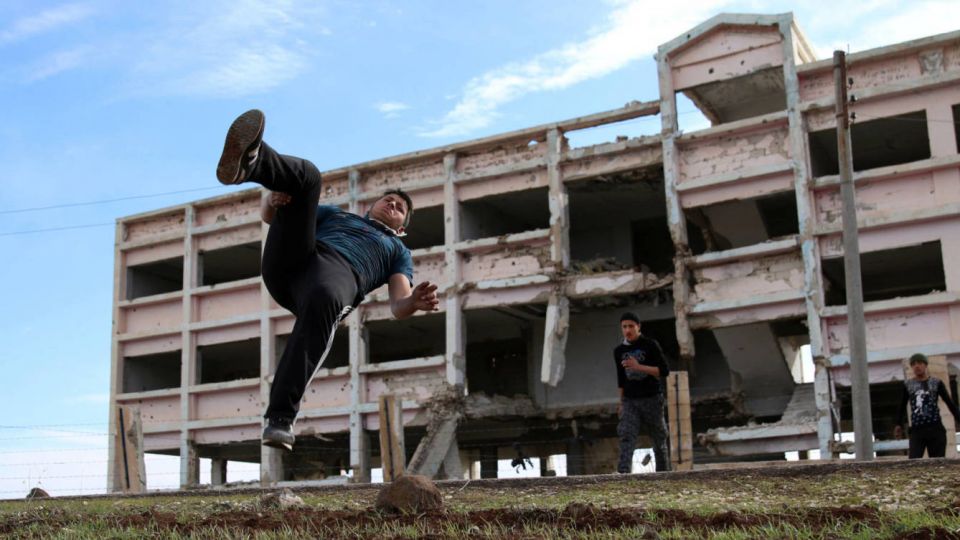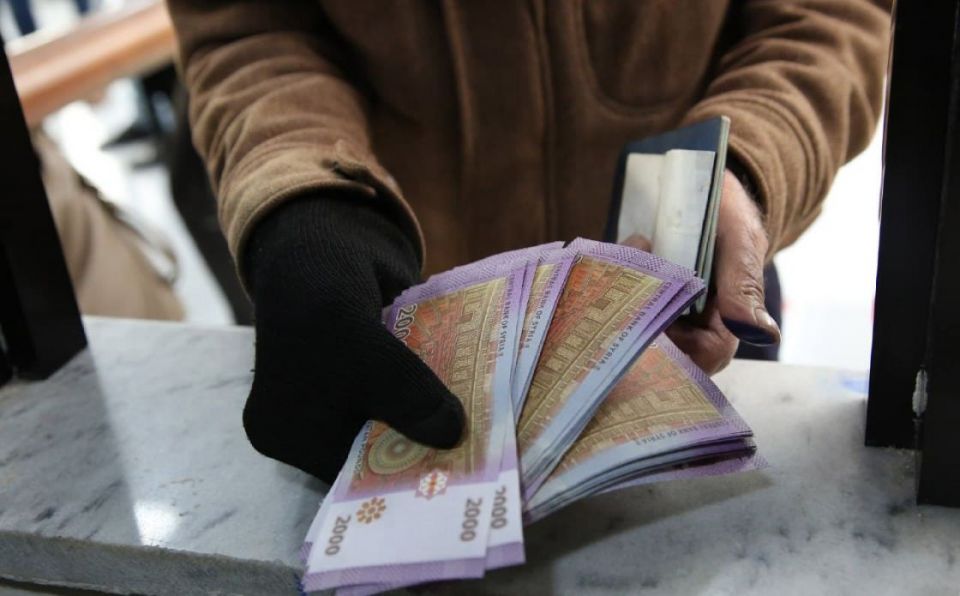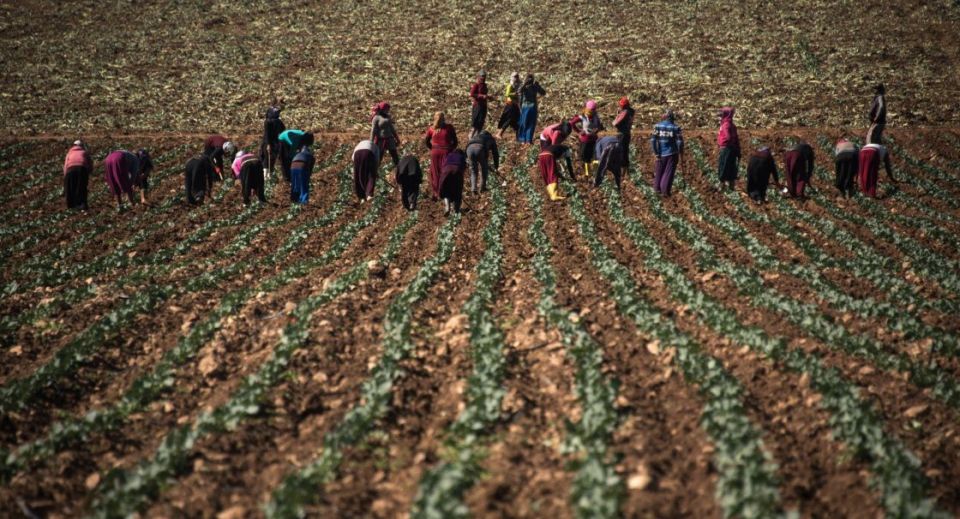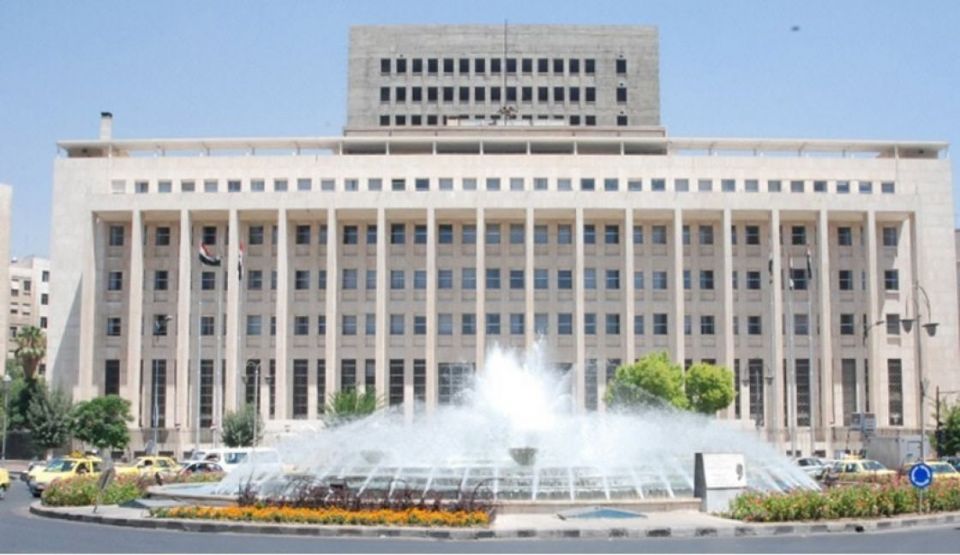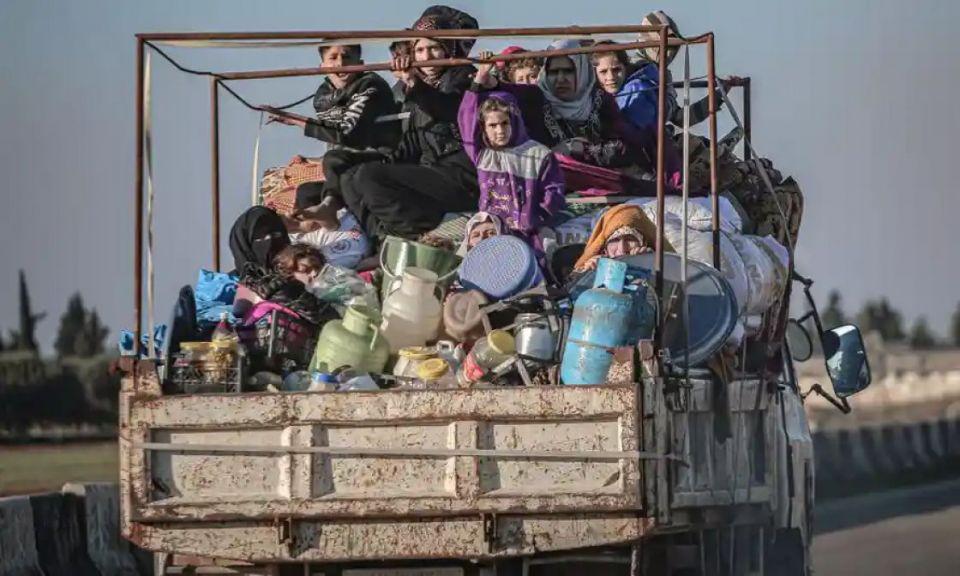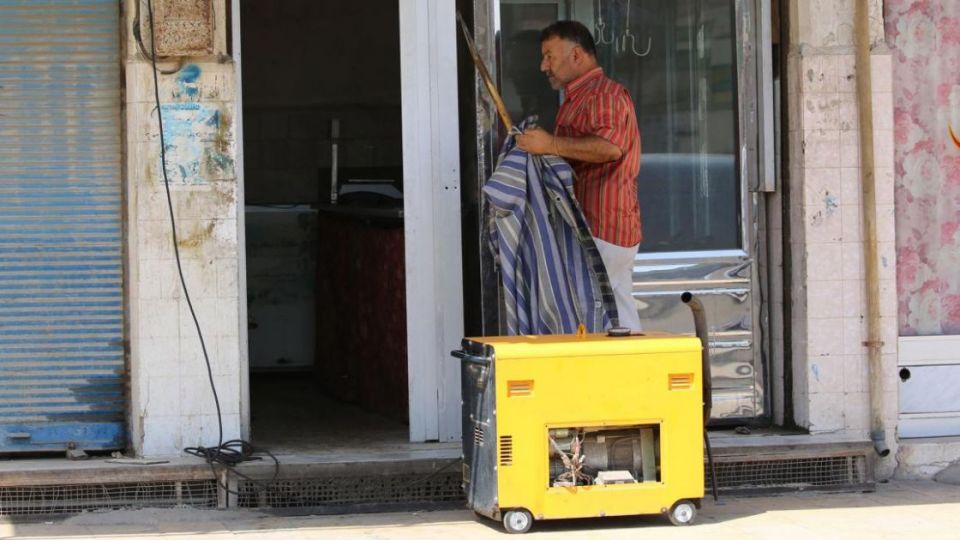Which Democracy Does Syria Need Today?
Clashes resumed this afternoon in Qamishli after a short truce brokered by Russia. It is not clear how long these clashes will extend. This is despite the efforts made by the residents of the area and the Russian side, to try to stop the clashes immediately.



